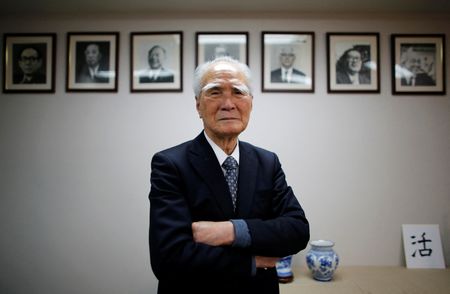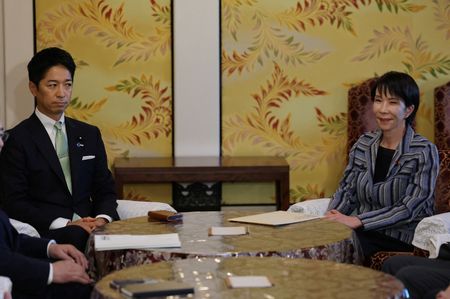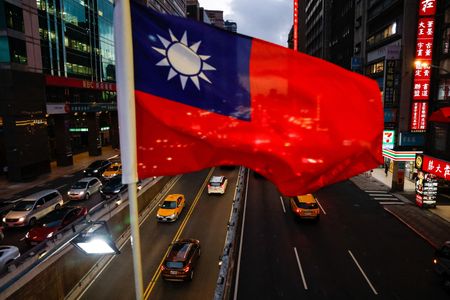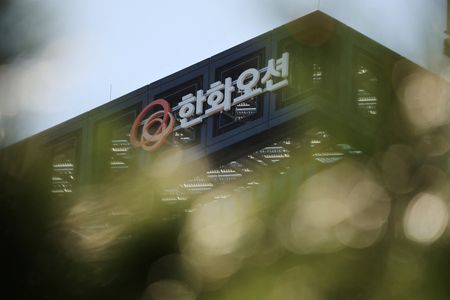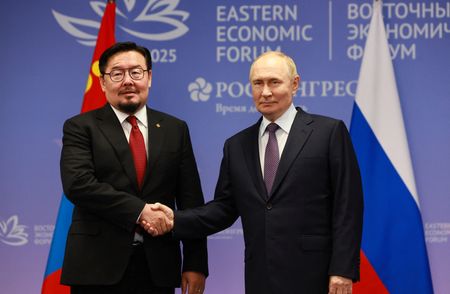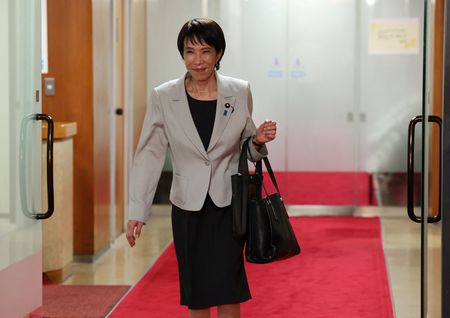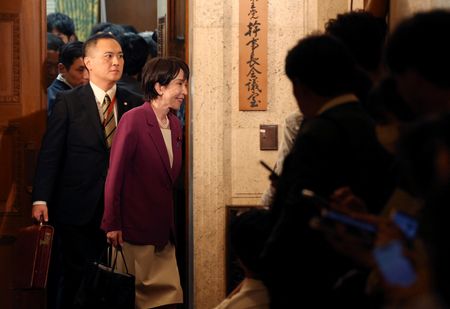TOKYO (Reuters) -Former Prime Minister Tomiichi Murayama, who died Friday aged 101, was best known for his landmark apology for Japan’s World War Two aggression 50 years after its surrender, an expression of contrition that became the standard for subsequent leaders.
As head of an unwieldy coalition of the conservative Liberal Democratic Party and his own Socialist Party from 1994 to 1996, the bushy-eyebrowed Murayama oversaw a period of turmoil including a devastating 1995 earthquake in western Japan and a deadly doomsday cult’s sarin gas attack on Tokyo subways.
Murayama, however, will be remembered mainly for the statement he issued on August 15, 1995, using unprecedented language to apologise for his nation’s actions during a conflict that left a lasting legacy of bitterness with Asian neighbours.
OFFERED ‘HEARTFELT APOLOGY’ FOR JAPAN’S WARTIME AGGRESSION
“During a certain period in the not too distant past, Japan, following a mistaken national policy, advanced along the road to war … and, through its colonial rule and aggression, caused tremendous damage and suffering to the people of many countries, particularly to those of Asian nations,” he said at a sombre, nationally televised news conference.
“I regard, in a spirit of humility, these irrefutable facts of history, and express here once again my feelings of deep remorse and state my heartfelt apology.”
The statement was welcomed by the United States and many Asian countries, including South Korea and China, where memories run deep of a conflict during which Japan occupied much of Southeast Asia and China.
Moves by later Prime Minister Shinzo Abe to take a less apologetic tone for Japan’s wartime actions, and his goal of revising the postwar pacifist constitution, drafted by the United States, aggravated relations with Beijing and Seoul.
Murayama expressed concern over Abe’s push about 20 years later to “escape the postwar regime” – a legacy of the U.S. occupation that conservatives argue deprived Japan of national pride and weakened traditional mores.
On August 15, 2020, the 25th anniversary of his statement, he wrote: “It goes without saying that it is extremely important for Japan to maintain and build a long-lasting, friendly relationship of peace and prosperity with China, which suffered great damage in the past war of aggression.”
FISHERMAN
The tall, thin Murayama – who in his later years was known for his white, bushy eyebrows – was born in the southern prefecture of Oita, one of 11 children of a fisherman. He died of old age in a local hospital, local media reported.
After working his way through a Tokyo commercial high school at night and serving a stint in the military, he graduated from Meiji University in 1946 and became secretary-general of a fisheries cooperative that he helped build into a union.
After serving in a prefectural assembly in Oita, southern Japan, he was elected to parliament’s lower house in 1972.
In 1993, the Socialist Party joined in a pro-reform government after the LDP’s devastating election loss. Murayama was elected party leader later that year and prime minister in 1994.
He was soon criticised for a sluggish response to the 6.9 magnitude earthquake that devastated the city of Kobe and surrounding areas on January 17, 1995, killing more than 6,000 people.
He resigned as prime minister in 1996 and left politics in 2000, living modestly on his pension in southern Japan, where he kept fit by cycling.
(Reporting by Tokyo Newsroom; Editing by Michael Perry and Christopher Cushing)

